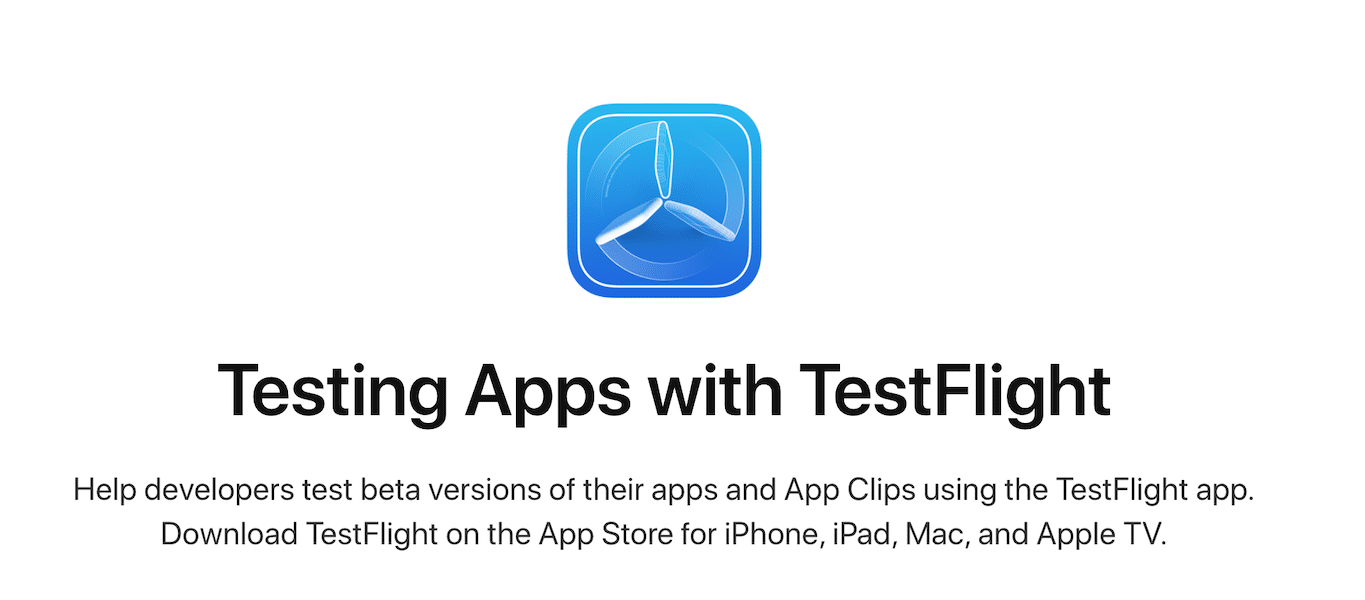In a strategic move aimed at complying with the European Union’s Digital Markets Act (DMA) while fostering a more competitive app ecosystem, Apple has unveiled significant changes to its App Store Connect and TestFlight. These changes, set to be integrated into iOS 17.4, include support for third-party app stores and alternative payment methods.

EU consumers gain access to alternative app stores and payment methods
Apple’s recent announcement outlines several key updates to its App Store infrastructure in response to the DMA. Developers who have agreed to the new App Store business terms in the EU can now leverage these features to set up and test their app marketplaces and distribution channels. The enhancements to App Store Connect and the App Store Connect API streamline the process for developers, enabling them to establish marketplace distribution and beta test their apps using TestFlight.
Developers who have agreed to the new business terms can now use new features in App Store Connect and the App Store Connect API to set up marketplace distribution and marketplace apps, and use TestFlight to beta test these features. TestFlight also supports apps using alternative browser engines, and alternative payments through payment service providers and linking out to a webpage.
TestFlight now supports apps utilizing alternative payment service providers, allowing developers to offer alternative payment options to users. This shift addresses concerns regarding Apple’s strict control over in-app purchases and subscription fees, providing developers with greater flexibility.

Developers can also submit apps for the Notarization process, a requirement for all apps distributed through alternative marketplaces. This ensures that apps undergo rigorous scrutiny by Apple to mitigate risks associated with malware and malicious content, safeguarding user security.
Apple’s compliance with the EU DMA signifies a paradigm shift in its approach to app distribution and regulation. While the company has expressed reservations about potential security compromises, it acknowledges the importance of adhering to regulatory mandates.
Despite initial concerns, Apple is actively facilitating the transition for developers, offering consultations and labs to navigate the changes effectively. The availability of over 600 new APIs further empowers developers to leverage the enhanced capabilities of the App Store.